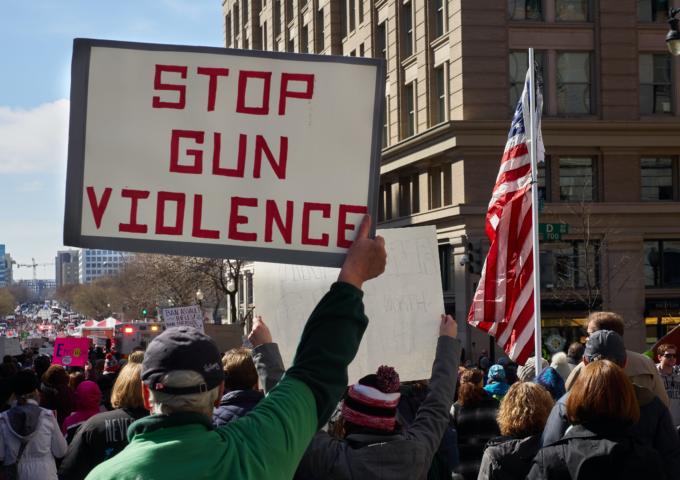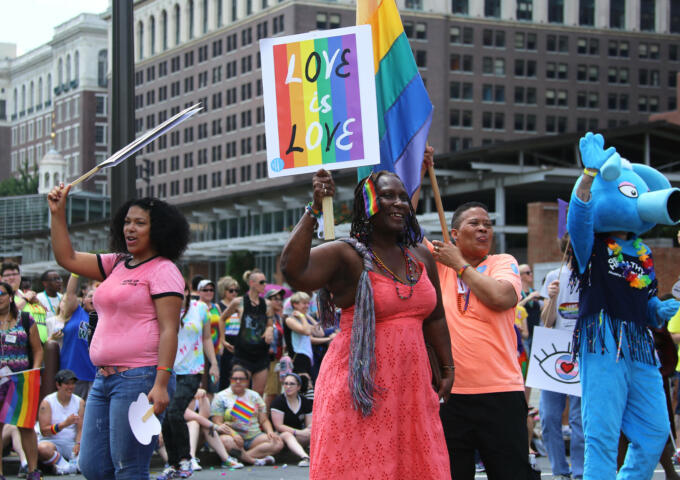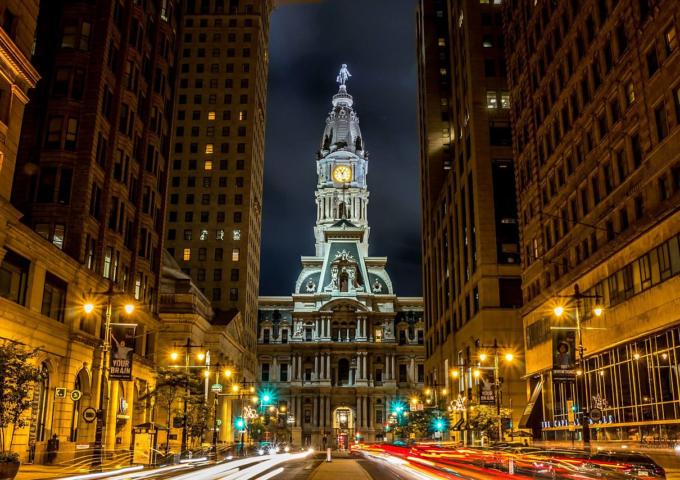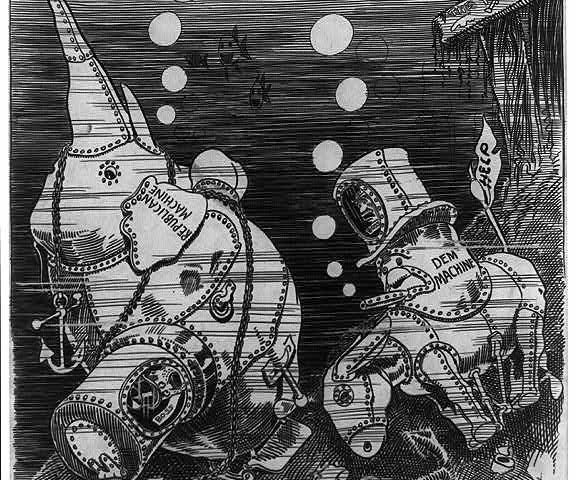What does a protest do, really?
It’s a fair question and one posed by a prominent Philadelphian I know within City Hall, who despite my urging chose to remain anonymous. He has an interesting take, so I granted anonymity and will refer to him as “PP.”
I also granted him no-name status because, during our hour-long conversation, he was forced to take a step back and truly look at what’s changed after a revolt of the established order.
More and more we’re beginning to live in a society where the idea of exercising our First Amendment right has become the norm.
But is it always for the right reasons?
Are protests becoming less of a true rallying cry and more of a sexy thing to post on social media? Are demonstrations an avenue for the joining of equal minds to truly spark change or to create clickbait content for multiple segments on the evening news?
I read recently that since Donald Trump became president in 2016, there have been over 50 major protests in America, including Monday’s March For Our Lives anniversary mini-rally here in Philadelphia. People have taken to the streets to decry school shootings and mass shootings, immigration rights and women’s rights, border walls and travel bans, you name it.
“But what’s it going to change, honestly tell me?” said PP. “On Monday, do you think Trump is going to interrupt regularly scheduled television programming, stand at a podium, and announce that in light of recent protests across the country they’ve reached a decision to ban guns? To let immigrants out of cages? To give women equal pay for equal work? Hell, no. Change starts from within. You want change? Bug the shit out of city councilman, your district congressional representative until they send you a cease and desist letter in the mail. That’s how you start to change things, not lacing up your Nikes, marching and screaming down Broad Street.”
Fair. So I asked PP what he thought is the benefit of protesting.
Again, he spared no punches.
“The only benefit? Police officers receive overtime, so entitled liberals clog up city streets and listen to other entitled liberals preach about the change they want that they know isn’t coming. People want to think that their voice is being heard – and it is – [but] for the local news station, for outlets like yours and for their own mental well-being, so they can say ‘yeah, I was there’ or ‘yeah, I did that.’”
PP’s mentality is one that isn’t unique.
In 2015 it spawned a book entitled, Inventing the Future: Postcapitalism and a World Without Work, in which authors Nick Srnicek and Alex Williams viewed protests as a form of “folk politics,” suggesting that we align to march almost out of habit, but not really truly doing much after to ensure a solution.
And while that can be said of some, I completely disagree that it can be said for all protests.
It was marching hand-in-hand during the Civil Rights movement that sparked change. It was rallying cries across the country that found legislation for safer work environments and increased pay for those working in hazardous conditions. In large part due to protests, African-Americans don’t have to use separate bathrooms, learn at different schools, or sit in the back of a bus.
Suffragettes protested in the early twentieth century for women to get the right to vote.
I truly believe that change can come if enough people demand it. However, I do believe that there’s some truth to PP’s claim of the “cool factor” in marching. Listen, the protest doesn’t end after you drop your sign. Email your elected officials, they count on your support to stay elected so that, in theory, makes it their job to listen. Call me a bit naive, but I have always thought to vent via email is many times just as effective as spending a Saturday in the name of a noble cause.
Who knows, it just might spur change and prove people like PP wrong.
TWITTER: @SPRTSWTR




